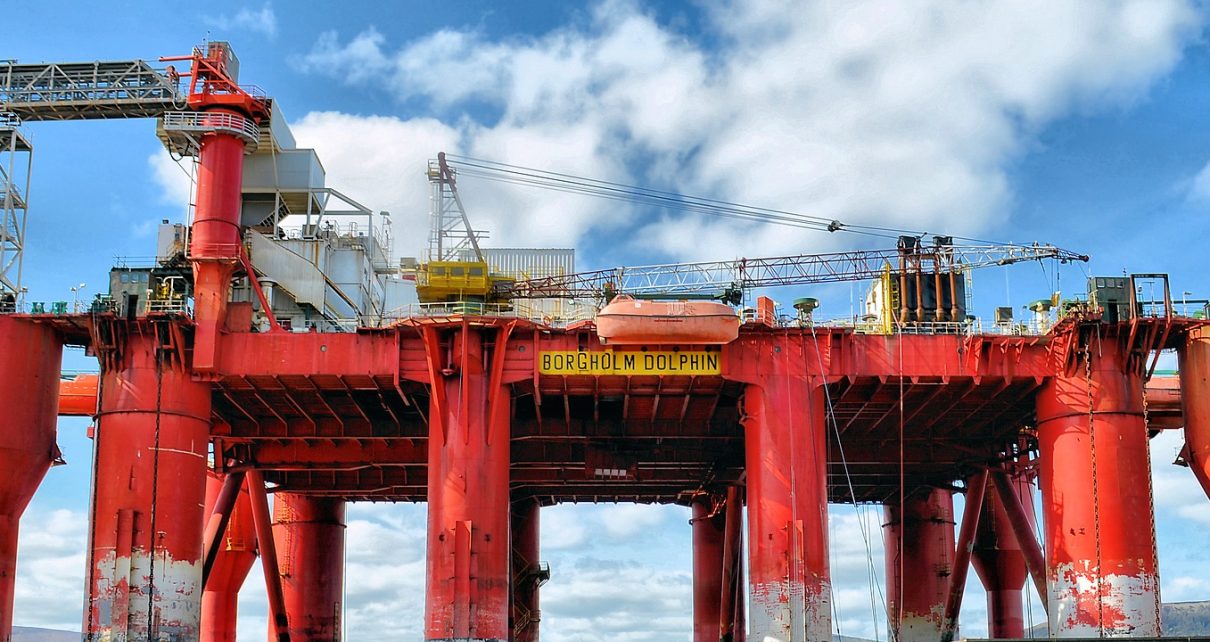
Whiting Petroleum officially became the first high profile shale bankruptcy of the cycle, but there are likely more to come. Even in the midst of unprecedented demand destruction, US oil production remains near record highs at ~13MM/bpd. Demand for gasoline fell to 6.7MM/bpd, from 8.8MM/bpd the week earlier. This time last year, drivers were using about 9.2 million barrels a day of gasoline. U.S. gasoline inventories rose by 7.5 million barrels last week. In the past week, the U.S. also added another 13.8 million barrels of oil to inventories, a record amount, which only exacerbates the global struggle with a lack of storage space. Petroleum storage (both on and off shore) is quickly running out. The worst pain will be felt amongst produces that are landlocked. If landlocked producers have too much oil, the well-head price they receive very quickly goes to zero or even negative, because if they have too much oil, they must pay someone to transport it away until they have managed to shut down their production. “Indeed, given the cost of shutting down a well, a producer would be willing to pay someone to dispose of a barrel, implying negative pricing in landlocked areas,” analysts at Goldman said in a research note published Monday. Further, Goldman said it expects waterborne crudes like Brent to be far more insulated from the coronavirus shock, with the international benchmark likely to stay near cash costs of $20 a barrel. In contrast, WTI (which is landlocked and 500 miles from accessible tanker storage) is expected to be among those hardest hit, alongside WTI Midland and WCS. WTI traded down $.17 or -.83% to close at $20.31. Brent traded down $1.61 or -6.1% to close at $24.74.
